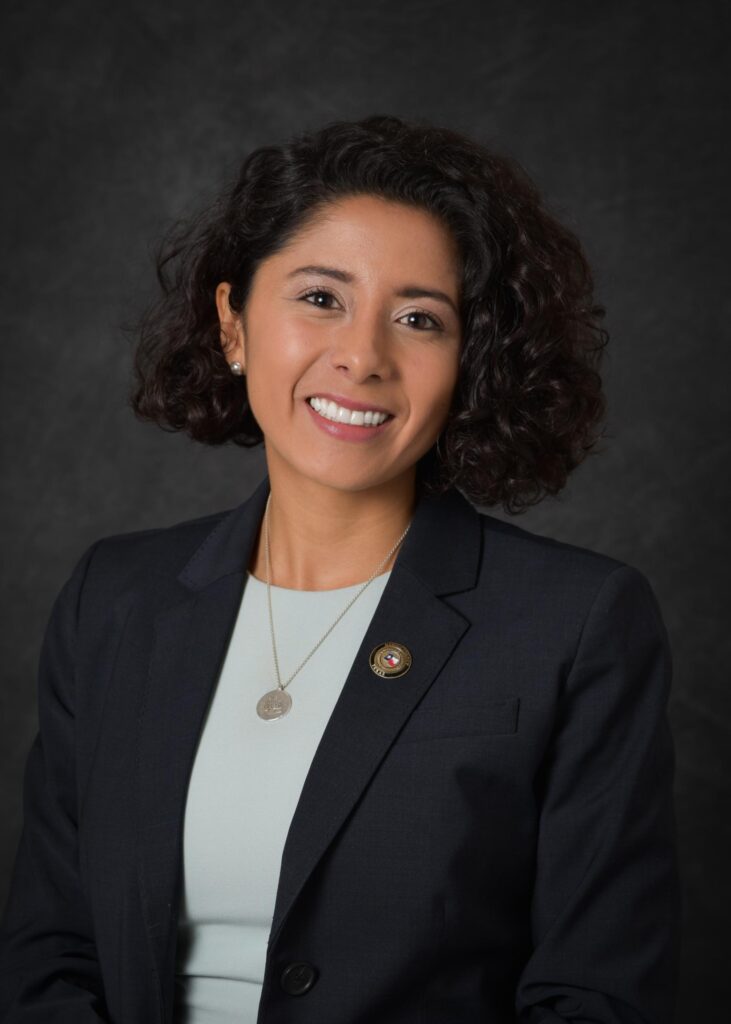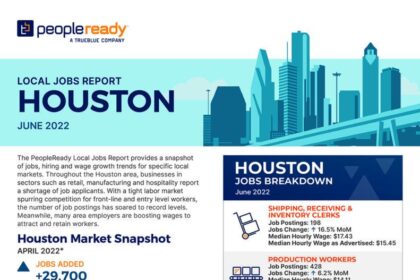Rethinking Ethics in Harris County’s Flood Control Efforts
Harris County Judge Lina Hidalgo has brought renewed attention to the urgent necessity of reforming ethical standards within the county’s flood control programs. With flooding incidents becoming more frequent and severe, concerns have intensified regarding the transparency and integrity of how flood mitigation projects are managed. Judge Hidalgo stresses that current regulations inadequately address conflicts of interest, often allowing decisions to be influenced by political or financial motivations rather than community welfare. She advocates for robust ethical frameworks that prioritize public safety and equitable resource distribution.
Among the key reforms she proposes are:
- Comprehensive disclosure mandates requiring all contractors and officials to reveal potential conflicts
- Establishment of independent oversight committees to review and approve flood control projects impartially
- Enforcement of stringent penalties for breaches of ethical conduct and transparency rules
A recent county report highlights how opaque bidding procedures and overlapping interests have historically hindered timely flood prevention efforts. The table below outlines the primary issues and corresponding reform strategies:
| Challenge | Consequences | Recommended Action |
|---|---|---|
| Conflicts of Interest | Unfair contract awards | Mandatory full disclosure |
| Insufficient Transparency | Loss of public confidence | Regular public audits and reports |
| Weak Oversight | Project delays and inefficiencies | Independent ethics review boards |
Enhancing Transparency and Accountability in Flood Management
Recent evaluations of Harris County’s flood control management have uncovered significant gaps in transparency and fiscal responsibility. Both community advocates and government officials are calling for a thorough revision of existing protocols to ensure flood control projects are executed with ethical rigor and operational efficiency. A major concern is the lack of clear communication regarding project timelines and budget allocations, which has eroded public trust and fueled skepticism.
Critical reform areas identified include:
- Full disclosure of contractor selection criteria and processes
- Real-time monitoring and public reporting of project budgets and expenditures
- Active involvement of community members in planning and decision-making
- Stricter enforcement and penalties for ethical violations and conflicts of interest
| Issue | Number of Incidents | Suggested Remedy |
|---|---|---|
| Non-transparent Contracting | 15 | Open and competitive bidding processes |
| Budget Overruns | 8 | Quarterly financial audits with public disclosure |
| Community Misinformation | 5 | Monthly public engagement forums |
Strengthening Policies to Prevent Conflicts and Boost Oversight
In light of mounting concerns over ethical lapses in Harris County’s flood control projects, Judge Lina Hidalgo has introduced a comprehensive reform agenda aimed at tightening oversight and eliminating conflicts of interest. Central to this initiative is the implementation of clear ethical guidelines for all parties involved, ensuring that flood control decisions are made transparently and with the community’s best interests at heart. Key components include mandatory financial disclosures and enhanced penalties for ethical violations, designed to rebuild public confidence.
The reform package also proposes the creation of an independent ethics board responsible for monitoring contracts and project approvals, thereby reducing the risk of undue influence and fostering fair competition among contractors. Highlights of the proposed measures include:
- Expanded reporting obligations for all participants in flood control projects
- Pre-contract conflict of interest declarations to identify and mitigate risks early
- Routine audits with findings made accessible to the public
- Ethics training programs for county employees to promote integrity
| Policy Initiative | Anticipated Benefit |
|---|---|
| Independent Ethics Board | Objective evaluation of contracts and decisions |
| Mandatory Financial Disclosures | Increased transparency and conflict identification |
| Regular Audits | Timely detection of ethical breaches |
| Ethics Training | Enhanced ethical awareness among officials |
Prioritizing Community Engagement and Multi-Stakeholder Collaboration
Judge Lina Hidalgo’s advocacy for ethics reform has sparked a broader movement emphasizing the importance of community involvement in flood control policymaking. She champions a transparent, inclusive approach that brings together residents, environmental specialists, government representatives, and technical experts. This collaborative model aims to build trust and ensure that flood mitigation efforts not only safeguard property but also honor the social and environmental integrity of Harris County.
Highlighted collaborative strategies include:
- Regular stakeholder meetings: Forums where community input directly influences project priorities and decisions.
- Data-sharing initiatives: Real-time exchange of flood risk information between local authorities and neighborhood organizations.
- Joint oversight committees: Diverse leadership teams comprising residents, industry experts, and officials to monitor ethical compliance and project progress.
| Stakeholder Group | Role in Reform | Primary Benefit |
|---|---|---|
| Local Residents | Provide insights on neighborhood-specific impacts | Builds trust and ensures tailored solutions |
| Environmental Advocates | Offer expertise on ecological preservation | Balances flood control with habitat protection |
| Government Officials | Implement policies and allocate resources | Ensures accountability and effective funding |
| Engineering Professionals | Provide technical guidance and innovation | Enhances infrastructure resilience and reliability |
Conclusion: A Turning Point for Harris County’s Flood Control Ethics
As Harris County confronts escalating flood risks exacerbated by climate change and urban development, Judge Lina Hidalgo’s call for comprehensive ethics reform represents a critical juncture. By championing enhanced transparency, accountability, and community engagement, these proposed changes seek to restore public confidence and ensure that flood control infrastructure genuinely serves the needs of all residents. The coming months will be pivotal as policymakers, stakeholders, and citizens collaborate to implement these reforms, aiming to safeguard the region against future flooding disasters with integrity and fairness.
—-
Author : Caleb Wilson
Publish date : 2025-10-21 16:13:00
Copyright for syndicated content belongs to the linked Source.
—-
1 – 2 – 3 – 4 – 5 – 6 – 7 – 8












